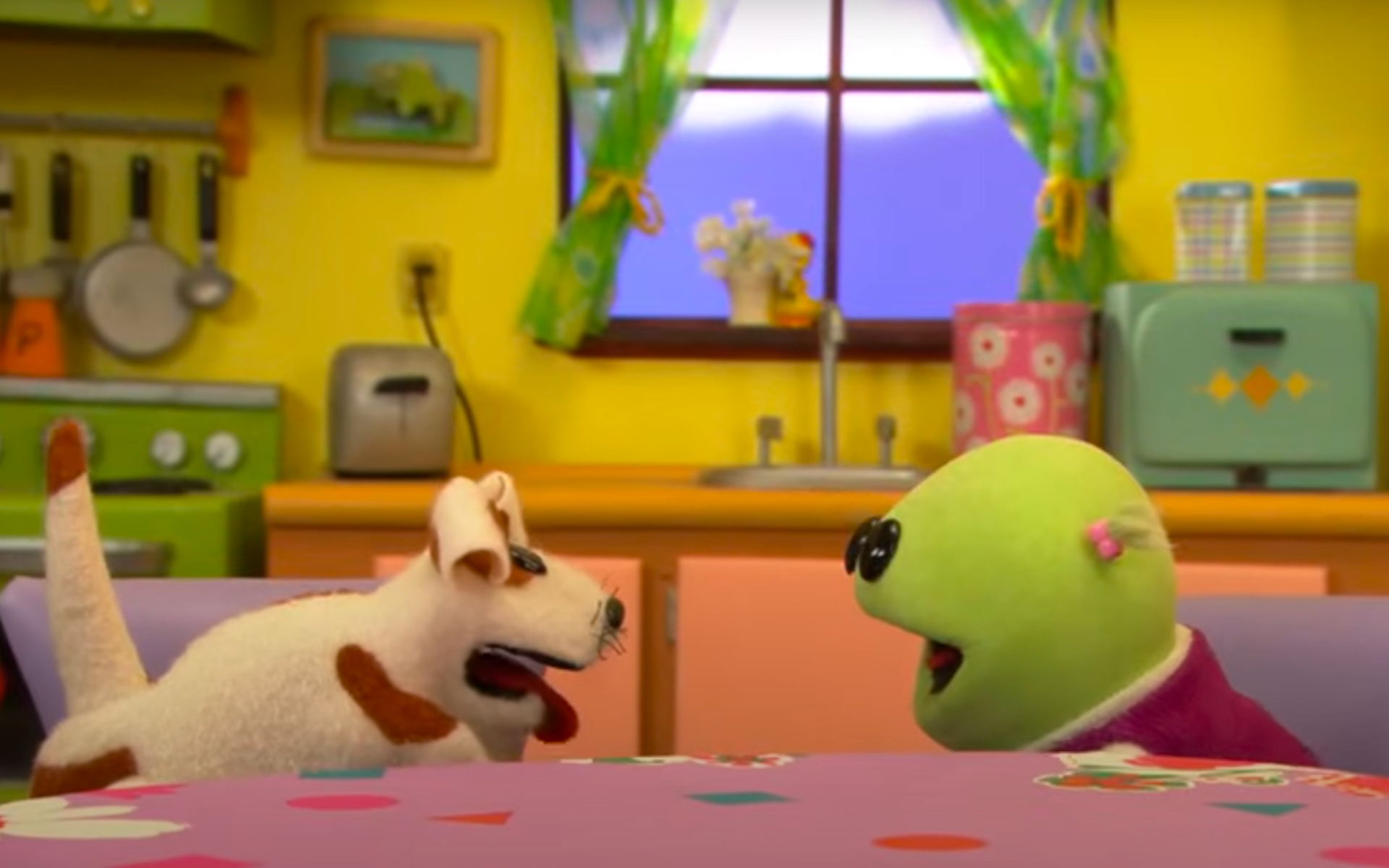When the teenager in your life is angry at you, it may seem like the last thing they want to do is talk. But the truth is, your teen is sending you messages with their behavior—especially their most off-putting, anger-laden actions. The key is whether you are willing to respond to the real message behind their anger.
In addition to the general desire for your engaged attention, below is a list of what teens are generally very interested in. When these factors are (from the teen’s perspective) being “denied” them, particularly by you, anger can follow.
For most teens, anger wells up when they feel they’re not getting:
- Respect: Your teen will flare up during interactions with you because they are assuming you think they don’t deserve this. They believe themselves to be more capable than you (in their perception) will ever admit.
- Space: They want you to give them the physical and emotional room to try things out, explore, and basically have a go at life without your rules, reminders, and your identity. They want their own.
- Validation: You know this better than anyone—teens experience things intensely. Their emotions are strong and often in flux. With all this intensity, and (believe it or not) because your perspective has a great deal of impact on them, they are looking for you to validate them. Or to use a less therapy-thick term, they want to know you understand and accept their feelings as real.
- Provisions & Peers: And you’ve encountered this as well—they want stuff from you. They want access to fun and distraction, and so they want your money. But why? Primarily, so they can spend time with their peers. They want the acceptance and belongingness that only their peers can provide, and trips to the mall and to the ATM are the keys—and they want your car keys as well!
I’m sure none of these are a great surprise to you. Perhaps you remember the importance of each of these when you were your child’s age. Regardless, it’s not the mere knowledge of these that will make the difference. It’s your ability to communicate the reality of these meaningful factors to your teen that will largely determine what happens when their anger surfaces. It will do much to connect you to your child, and will also be a fuel for helping your teen improve their behavior and capacity for managing the demands of their daily life.
You can still set limits on their disrespect or lashing out, but you can also try acknowledging that you understand that something real (for them) is driving how they feel.
The key is to pause, take a breath, and connect with what’s truly behind your child’s angry actions. You can still set limits on their disrespect or lashing out, but you can also try acknowledging that you understand that something real (for them) is driving how they feel.
Try This: Pause Before You Respond
Consider a recent stuck communication with your teen—one that seemed to have hit a dead-end. Maybe it’s their refusal to get a summer job, or your annoyance at them regularly skipping class.
Then finish the following sentence: “When it comes to addressing this situation I . . .”
If you finished the sentence with anything like “have thrown up my hands” or “have tried everything and don’t have a clue what to try next” or “think it’s really my kid’s fault,” then try to sit with your eyes closed for a moment. Visualize your teen’s appearance and behavior during that angry / communication deadlock situation.
Try on the following statements as questions to ask, as opposed to your standard rigid mental chatter:
- “What am I willing to give to my teen right now so that they see how much I want to help us out of this situation?”
- “Whatever I do in the next moment, what’s more important: venting and reacting, or doing and saying what matters most?”
- “What am I willing to authentically say about what seems to be behind their upset? Am I willing to respond (or “RSVP”) to what’s real for for them in order for them to be more likely to hear what’s important on my end?
In your mind’s eye, imagine what might happen in the next moment of this particular communication breakdown with your teen if you acted from one of these internal questions? Would things be the same rigid and fixed “breakdown as usual,” or might there be some room for growth there?







